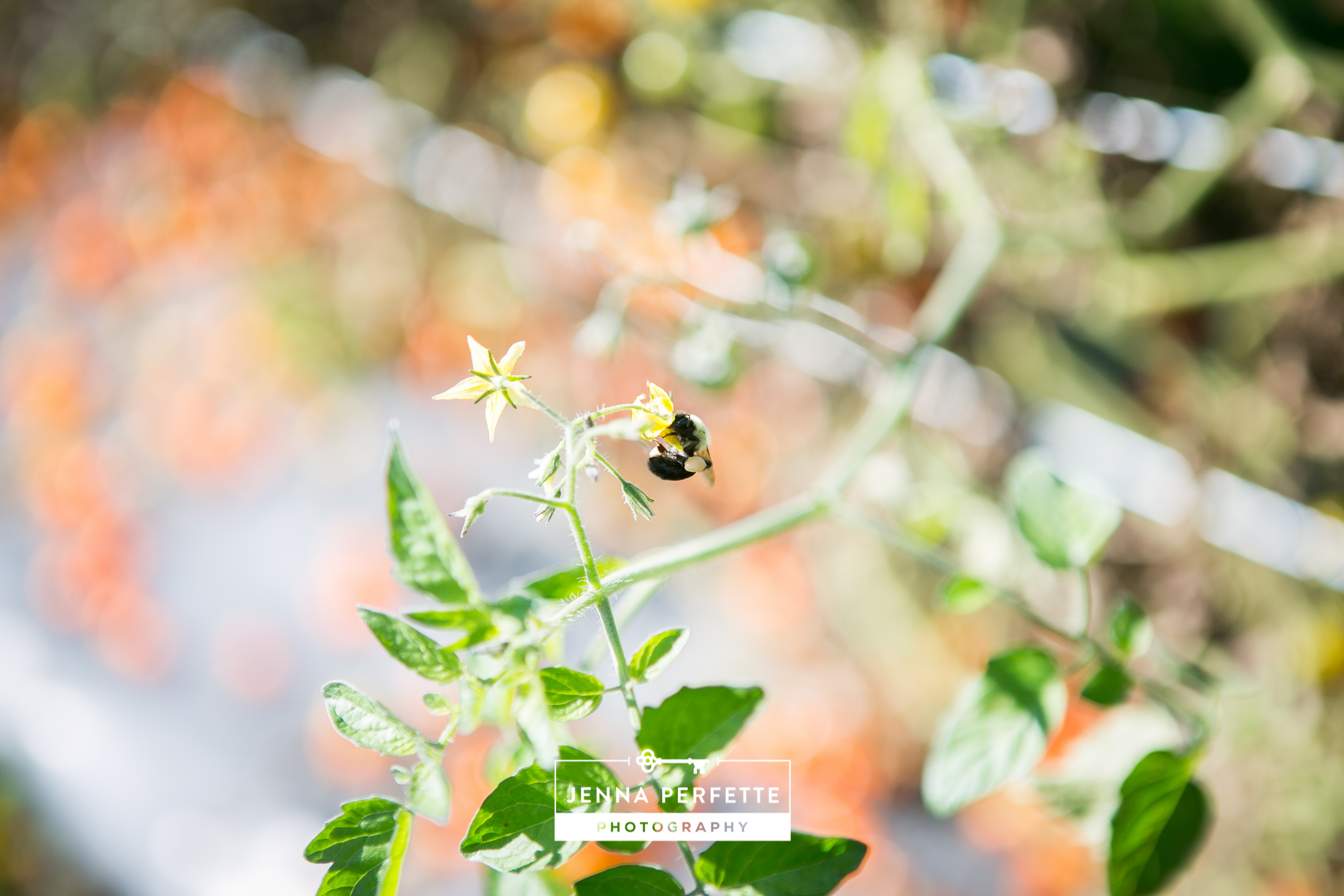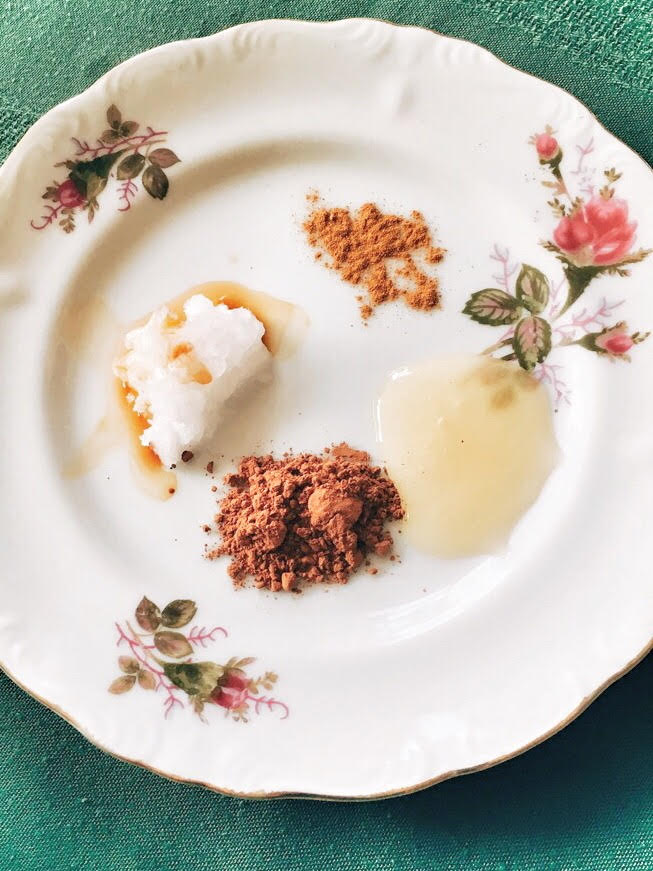Food-Related Healthy Lifestyle Shifts for 2018
/There are new food trends and fads popping up every day. Some will be fleeting and others will change lives and stick around. Here are some of my favorite things to look out for, look into, and definitely try this year.
1. Stress Relief Powered by Plants 🌱- Using herbs and flowers like lavender, chamomile, hibiscus, lemon balm, and rose to promote relaxation and is anxiety
2. Probiotic Foods - Increase your gut health by adding some fermented and cultured ingredients to your diet. Kefir (potable yogurt), Saurkraut, Kimchi (Korean spicy & garlicky fermented cabbage), Kombucha (fermented tea), sourdough bread, cultured butter, and miso (fermented soy paste) are just a few.
3. More Mushrooms - the scientific studies are stacking up. More research is showing immune system support, inflammation reduction, and anti cancer properties - fanfare for fungi! Look for maitake, reishi, and lion’s main.
4. Less Waste - at home and on store shelves. Implementing the idea of nose-to-tail when it comes to animals (Like utilizing “less desirable” cuts, organ meat, and making bone broth) and root-to-stem for veggies (beet green pesto and peeling and chopping broccoli stems to throw in your stir-fry are two examples) Creativity is key here. Use as much as you can. It’s good for you and Mother Earth.
5. Foreign Flavors - go outside your comfort zone by adding spices from around the world to your dishes at home. Rubs, sauces, and sprinklings inspired by countries from around the world make cooking and eating a lot more interesting and healthier. Try new, exotic recipes, taking cues from India, Thailand, Morocco... Travel with your tastebuds! Experiment in the kitchen and you’ll probably surprise yourself.










